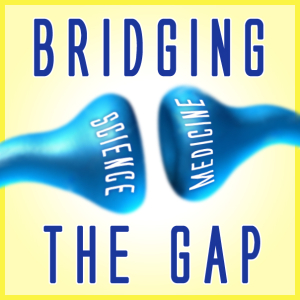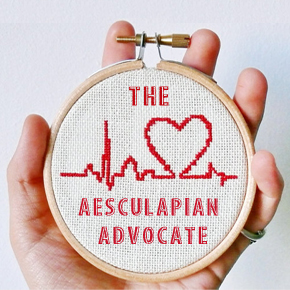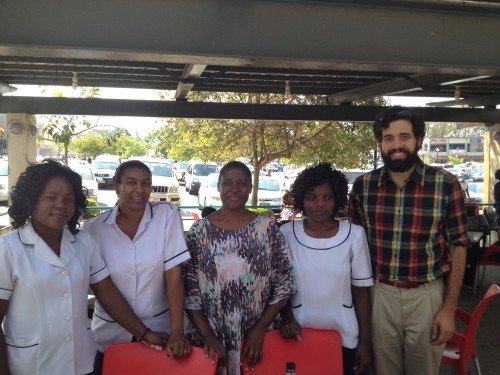Too Much Exercise? A Closer Look At Modern Fitness Trends
Social media pages with titles like “Motivation For Fitness” and “Gym Looks” are becoming increasingly popular, and it’s hard not to notice the explosion of fitness popularity. But even as the diet industry dwindles and our newfound fascination with health hits its stride, it is important to consider the ramifications of these cultural changes. Has this new trend led to the rise of what has been called “excessive exercise” and how much exercise is too much? Here, we examine how the current rise in fitness culture may be affecting our bodies.









